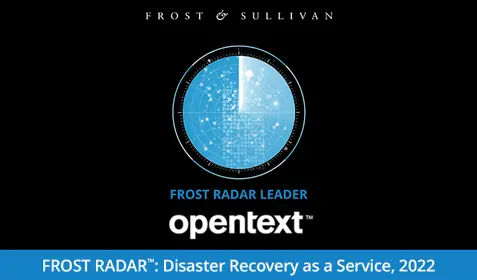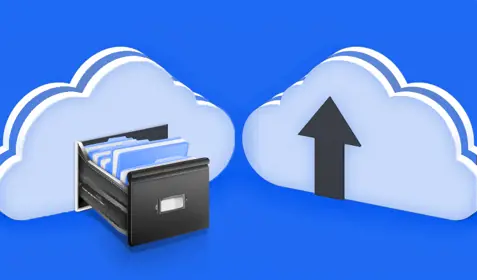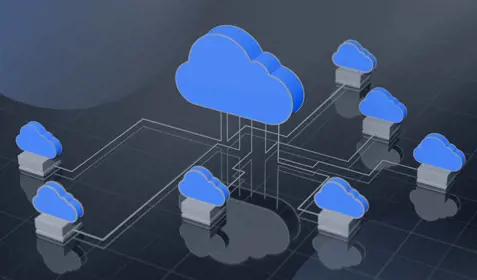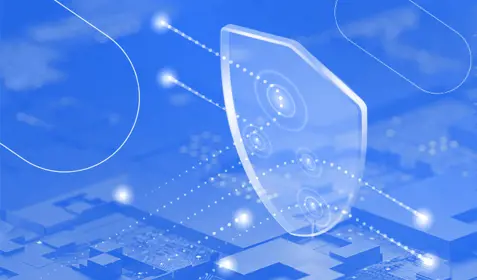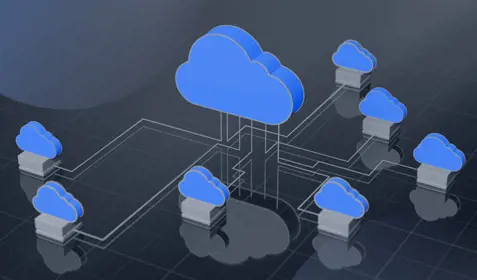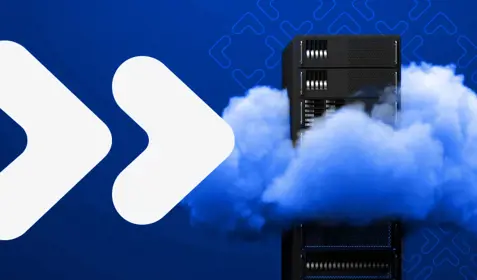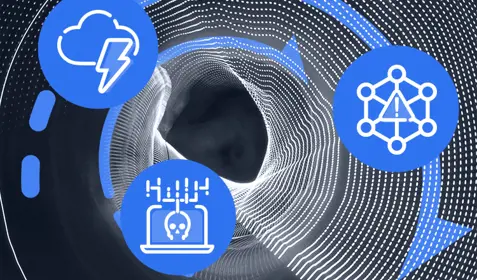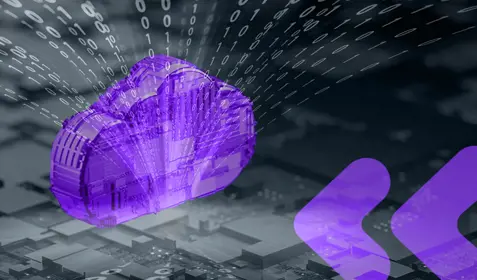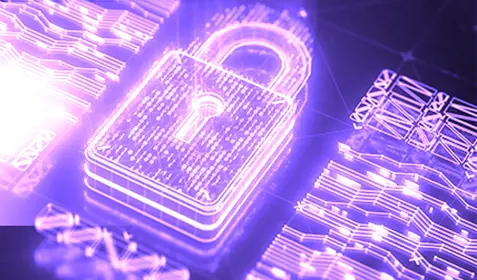These days, employees don’t stay in the same place long. According to the Bureau of Labor Statistics, the average person changes jobs an average of 12 times during his or her career and stays with an employer for approximately four years. The reasons vary. Some move on to new opportunities, some get laid off, and others are fired.
Most employees leave a company without incident. However, some delete files (maliciously or otherwise) on their way out the door. If that impacts your ability to serve customers, you’ve got a business problem. Depending on the nature of your business, you may have a compliance issue as well.
Endpoint backup solutions can mitigate these issues, but many organizations still don’t have an endpoint protection strategy in place. There are two reasons for this, but neither are compelling:
Endpoint protection was difficult. In the past, endpoint protection presented significant challenges. Laptops were not always online, and fast Internet service was not as ubiquitous as it is today. So, backups occurred infrequently, and laptop performance took a serious hit when they did occur. This is no longer an issue. Thanks to faster devices, increased bandwidth, incremental backup, and data reduction technologies, modern endpoint protection products have little if any impact on user productivity.
User files were not considered business critical. Historically, “business-critical data” meant databases. That’s why most businesses have some form of server backup in place. However, the increase in ransomware attacks over the past few years has highlighted the business impact of IT downtime associated with endpoint data, as well. When users cannot access files, their productivity suffers, and potential revenue is lost. If downtime is prolonged, the financial impact can be significant. This can be particularly damaging for small to midsized businesses that are less resilient to revenue fluctuations.
Modern endpoint backup solutions are designed to protect endpoint data from external and internal threats (like an employee deleting important files). Carbonite Endpoint is one example of this type of product. It allows businesses to preserve and easily restore current and former employees’ files. Key features include:
- Support for desktops, laptops, and mobile devices
- Centralized management with monitoring, alerts, and audit trails
- Automated, policy-controlled backups
- Archiving capabilities
- Restore to any device
To learn more, visit the Carbonite Endpoint section of our web site or contact a Carbonite rep.

